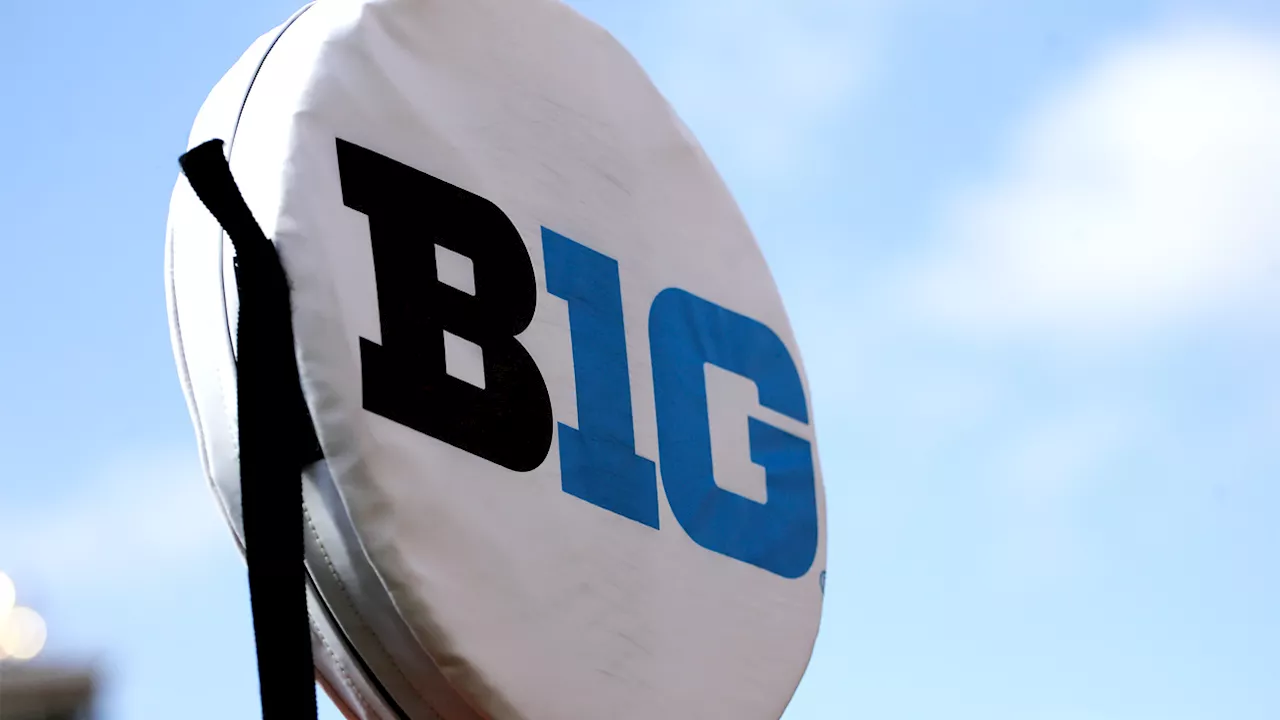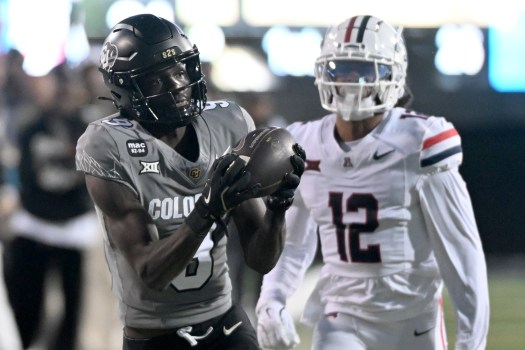UPDATE: The Big Ten Conference has just denied allegations made by a University of Michigan regent, claiming that commissioner Tony Petitti threatened punitive measures against the school regarding a controversial $2.4 billion investment plan. This urgent development raises significant questions about governance and financial strategies within the league.
In a statement released earlier today, Michigan regent Mark Bernstein accused Petitti of attempting to “strong-arm” the University of Michigan into supporting the investment deal. Bernstein warned that such actions “call into question” Petitti’s leadership of the Big Ten. “The Big Ten Conference commissioner has threatened the University of Michigan with penalties if we do not approve this deal,” he asserted, emphasizing that “nobody pushes around the University of Michigan — ever.”
The Big Ten quickly refuted these claims, asserting that no school is being coerced into backing the investment. Darryll Pines, Maryland’s President and chair of the Big Ten Council of Presidents and Chancellors, stated, “Since we first met in 2024, this has been a collaborative, fair and thorough process that included the University of Michigan.” He confirmed that the conference is working with a consultant retained by Michigan to evaluate the transaction.
This investment plan, which aims to create a commercial entity called Big Ten Enterprises, is designed to generate revenue for all 18 member schools through 2046. However, the proposal has faced resistance, including from the University of Southern California (USC), which has expressed concerns about uneven revenue distribution. USC athletic director Jennifer Cohen indicated that the deal requires more equitable terms for all schools involved.
The controversy has caught the attention of lawmakers as well. Sen. Maria Cantwell has requested an analysis from the congressional Joint Committee on Taxation to assess the potential impact of such funding on the tax-exempt status of college sports. Cantwell noted, “Legitimate questions have been raised about whether it is time to rethink the tax-exempt regime under which college sports currently operates.”
Further complicating matters, the American Council of Trustees and Alumni has voiced reservations over the deal being approved without adequate input from university boards. Michael Poliakoff, the council president, warned that this raises urgent governance questions about the Big Ten’s leadership and decision-making processes.
Regents from Michigan, including Jordan Acker and Sarah Hubbard, have openly criticized the plan, stating that the financial model for college athletics is deeply flawed. Acker remarked, “Having the richest college football conference join arms with private equity is not in my view a positive for the University of Michigan.” He stressed that the current process has not thoroughly evaluated alternative solutions to the challenges facing Big Ten athletic departments.
As the situation develops, all eyes are on the Big Ten Conference and its member schools. The outcome of this contentious investment proposal could reshape the financial landscape of college athletics. Stay tuned for more updates on this unfolding story.







